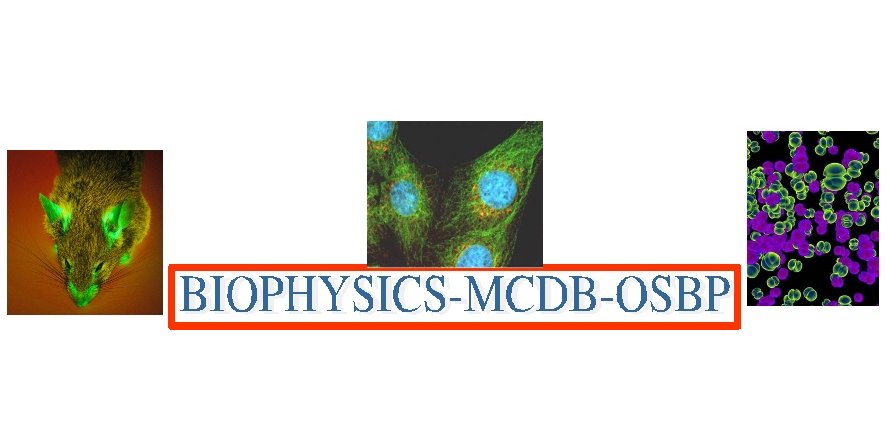Interdisciplinary Graduate Programs Symposium

2012 OSU Molecular Life Sciences
Interdisciplinary Graduate Programs Symposium

Poster abstracts
Abstract:
The MDM2 oncogene encodes a protein that negatively regulates p53 by targeting it for proteasome-mediated degradation. Through the induction of DNA damage and in cancer, MDM2 is alternatively spliced into a variety of isoforms. The MDM2-ALT1 isoform, comprised of exons 3 and 12, is observed in over 85% of rhabdomyosarcomas and generated in cells in response to genotoxic stress. MDM2-ALT1 lacks a p53 binding domain and abrogates full-length MDM2 from binding p53 by sequestering it. This leads to the stabilization of p53, causing cell cycle arrest and/or apoptosis.
In order to understand the mechanisms by which MDM2 is alternatively spliced, we developed an in vitro splicing system using MDM2 minigenes and normal and cisplatinum-treated HeLa nuclear extracts. The MDM2 3-11-12 minigene predominantly excludes exon 11 under cisplatinum treatment both in vivo and in vitro. We identified putative binding sites for splicing regulators SC35 and SF2/ASF in exon 11 of the MDM2 minigene. We then performed a series of mutations in SC35 and SF2/ASF binding sites and examined the alternative splicing of these mutant constructs.
Our in vitro data demonstrates that disrupting the SC35 binding sites leads to greater exclusion of exon 11 under normal conditions and disrupting the SF2/ASF binding site promotes the inclusion of exon 11. However, in MCF7 and HeLa cells transfected with MDM2 3-11-12 minigenes, both SC35 and SF2/ASF site mutants promote the inclusion of exon 11 under normal, UV and cisplatinum treatment.
The affinity of these splicing regulatory proteins for their predicted target sequences was confirmed through RNA oligonucleotide pull downs using wild-type and mutant sequences. We also performed immunodepletion of SF2/ASF in normal and damaged nuclear extracts to assay the effect of SF2/ASF on the alternative splicing of our wild-type MDM2 construct.
Keywords: Alternative Splicing, MDM2, SR Proteins